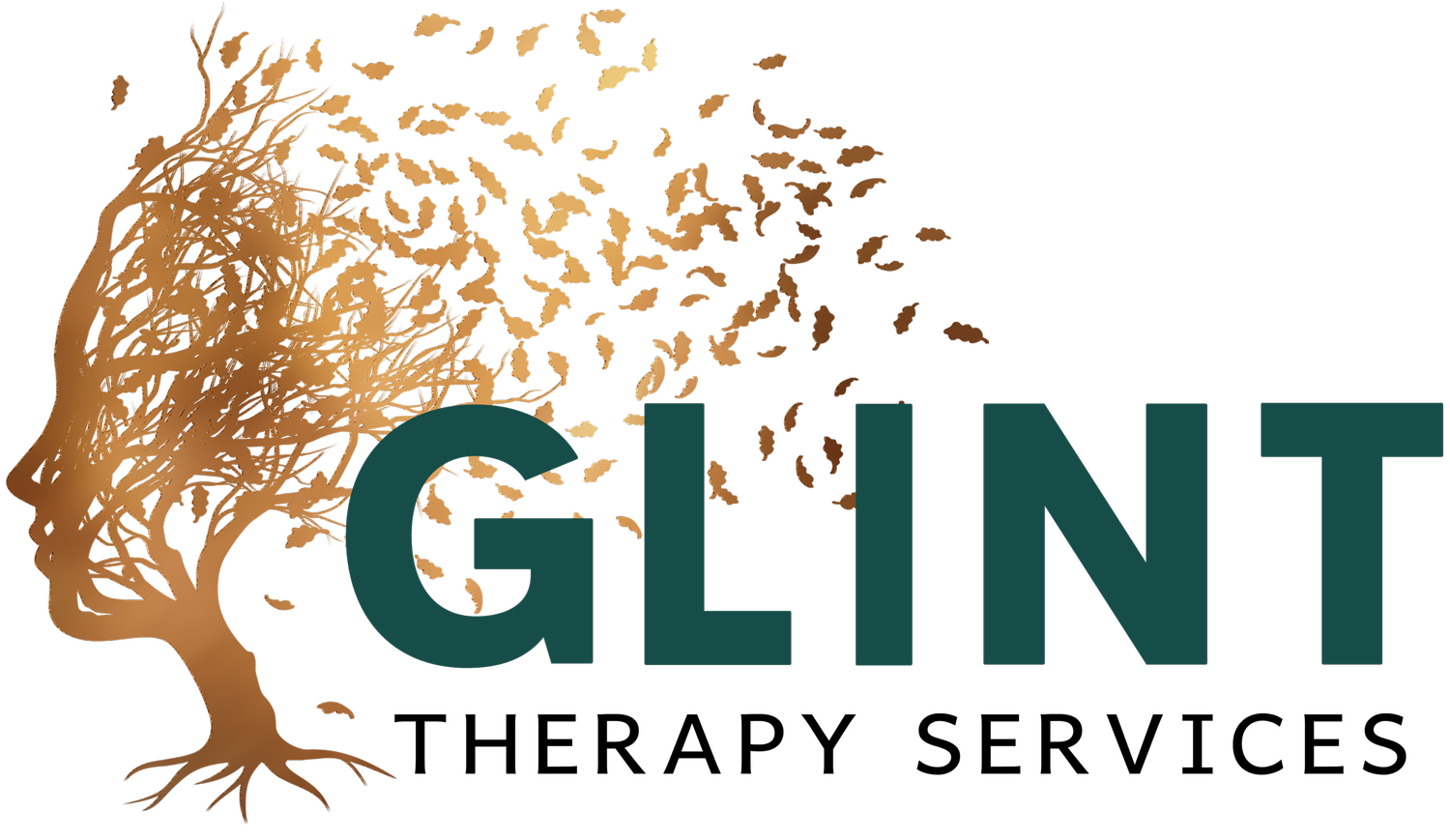Anxiety, Trauma, Stress, and Mood
Excellent mental well-being is fundamental to your overall health and satisfaction. We desire to support your holistic journey toward mental, behavioral, relational, and emotional wellness. Our comprehensive assessment process identifies adverse experiences with anxiety, trauma, or mood that may contribute to unnecessary suffering and undermine your functioning along the way. We sojourn alongside you in exploring your emotional landscape, using our advanced psychological instruments to accurately diagnose your symptoms and offer you evidence-based interventions to navigate them effectively. Whatever your goals, we journey with you in fostering well-being and enriching the quality of your life.
Generalized Anxiety Disorder
Generalized Anxiety Disorder (GAD) generally manifests as excessive worry and anxiety about multiple aspects of life, often without a specific cause. It affects approximately 3-5% of the population globally, although the prevalence rate is increasing nationally. For example, individuals with GAD may worry relentlessly about future events or experience physical symptoms such as chronic restlessness and muscle tension. These symptoms are often difficult to control and may interfere with daily activities without professional care.
Posttraumatic Stress Disorder
Posttraumatic Stress Disorder (PTSD) is a mental health condition that can be triggered by experiencing or witnessing a traumatic event. Symptoms include intrusive memories, nightmares, avoidance of reminders of the event, and heightened reactivity. While many individuals experience traumatic events, not everyone develops PTSD. According to the National Institute of Mental Health, approximately 7-8% of the population globally will experience PTSD at some point in their lives. Trauma-informed treatments are generally considered the first line and preferred methods of care for PTSD.
Major Depressive Disorder
Major Depressive Disorder (MDD) is generally characterized by persistent experiences of sadness, hopelessness, and loss of interest in pleasurable activities. It affects approximately 4.4% of the population globally, and approximately 8.3% of the adult population nationally (6.2% of adult males and 10.3% of adult females). Individuals with MDD often struggle with their daily functioning and experience physical symptoms such as changes in appetite or sleep patterns, fatigue, and unexplained aches and pains. MDD ranges in severity, from mild to severe, and occurs in episodes that may persist for long periods. Professional care may prove as effective as antidepressant medications; combining these treatments provides the greatest relief for many individuals with MDD.
Bipolar Spectrum Disorders
Bipolar Spectrum Disorders (BDs) generally involve periods of mood swings ranging from depressive lows to manic highs. BDs affect approximately 2.4% of the population globally, although the National Institute of Mental Health estimates that approximately 4.4% of the adult population nationally will experience BDs at some point in their lives. For instance, individuals experiencing a manic episode may have elevated mood, increased energy, and impulsive behavior; during a depressive episode, they may feel extremely sad, lethargic, and unmotivated. These mood shifts vary in severity and duration but significantly impact functioning and quality of life. Alongside medications and somatic treatments (like ECT), professional care tends to provide significant benefits to individuals with BDs during acute and maintenance phases; this care is associated with a reduced risk of relapses, enhanced coping skills, improved daily functioning, and better treatment adherence.


